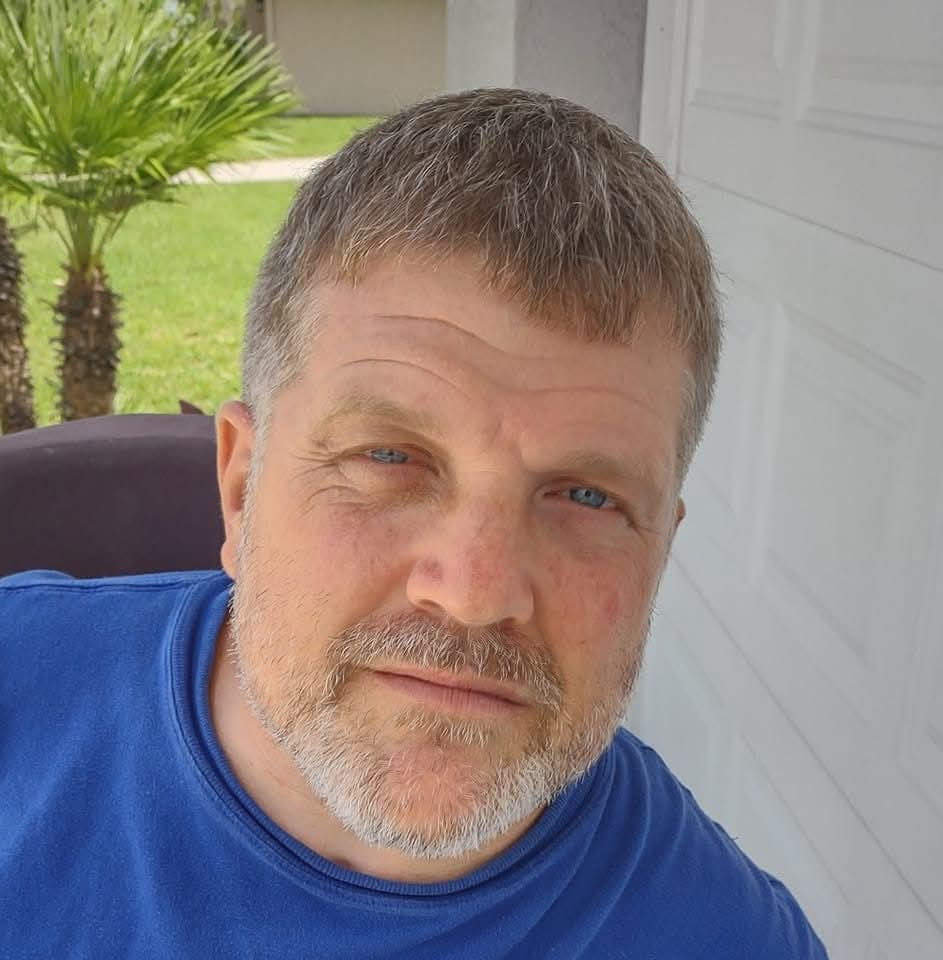

We recently had the chance to connect with Jay Lawrence and have shared our conversation below.
Good morning Jay, we’re so happy to have you here with us and we’d love to explore your story and how you think about life and legacy and so much more. So let’s start with a question we often ask: What is something outside of work that is bringing you joy lately?
My beautiful filipino wife
Can you briefly introduce yourself and share what makes you or your brand unique?
Meet Jay Lawrence – Champion of Athlete-Driven Sports and Fan Empowerment
Jay Lawrence is the visionary founder and CEO of Win Win Sports & Entertainment, a groundbreaking sports venture redefining what it means to own and experience professional sports. With a passion for creating opportunities both on and off the field, Jay is building leagues where fans become stakeholders, athletes become owners, and every play creates purpose.
Under his leadership, Win Win owns a 75% stake in the Global Flag Football League, a professional league featuring teams owned by former NFL players.
Jay’s strategy goes beyond the scoreboard. His equity crowdfunding models, community-first approach, and partnerships with brands like Wooter Apparel and Fan Focus are creating an inclusive and financially rewarding experience for fans, players, and investors alike.
In addition, he’s exploring investments in SportsBug, a sports performance platform with major potential in MMA and youth sports, and developing the Win Win Sports Network—a media outlet focused on highlights, heart, and heroism, not politics or drama.
What makes Jay’s work special is the mission behind the model: to give athletes purpose after their prime, to let fans own a piece of the action, and to build leagues that truly belong to the people who love them.
If you’re looking for a leader who blends innovation, integrity, and inspiration, keep your eyes on Jay Lawrence—he’s not just changing the game, he’s changing who gets to play.
Great, so let’s dive into your journey a bit more. What breaks the bonds between people—and what restores them?
Disloyalty breaks bonds between people by eroding trust, safety, and mutual respect. When someone acts disloyally—betraying confidence, acting against shared values, or prioritizing self-interest at the expense of another—they undermine the emotional foundation of the relationship. Trust, once broken, makes people question the sincerity and stability of the connection, often leading to distance, resentment, or even permanent separation.
Restoring the bond requires more than an apology—it demands accountability, consistency, and time. The person who was disloyal must genuinely acknowledge their actions without excuses, show remorse through changed behavior, and patiently rebuild trust by being transparent and reliable. The person who was hurt must also be willing to forgive, if and when they’re ready. Only through this mutual process—where the betrayer proves themselves trustworthy again and the betrayed is open to healing—can a broken bond be mended.
What have been the defining wounds of your life—and how have you healed them?
In 1996, just twenty-one days before my twenty-first birthday, my life changed forever. A car accident left me a quadriplegic—a moment that could have broken my spirit, my faith, and my dreams. That was the wound that found me. But it also became the foundation for the man I’ve fought to become. I didn’t just survive that day—I was reborn with a deeper purpose.
The journey since then hasn’t been easy. I’ve faced pain, limitation, doubt, and the daily reality of living in a body that no longer moves the way it once did. But I’ve also found profound strength. My healing began with faith in God, who never promised the road would be easy, but who gave me the strength to walk it anyway. I’ve leaned on His promise that beauty can rise from brokenness.
I’ve been lifted by the unwavering love of my parents, who became my arms when mine could no longer reach, and my legs when I could no longer walk. Their belief in me when I was relearning how to live was my first source of healing. And then came the love of my life—a woman who didn’t see my limitations, only my heart. Her love reminded me that I was still whole, still worthy, still capable of giving and receiving love in the deepest way.
But maybe most of all, it’s been my own relentless determination that’s carried me forward. Life has hit me hard—but I believe in the words of Rocky Balboa:
> “It’s not how hard you can hit. It’s how hard you can get hit and keep moving forward. How much you can take and keep moving forward. That’s how winning is done!”
That quote isn’t just motivational—it’s my truth. I’ve been hit harder than most, but I never stopped moving forward. That’s how I’ve built Win-Win Sports & Entertainment. That’s how I’ve turned pain into passion, and scars into strategy. I’ve found purpose in helping others, especially athletes, build new paths beyond their challenges—just as I’ve done with mine.
The wound may have been physical, but the healing has been spiritual, emotional, and eternal. And every day, I keep moving forward.
Next, maybe we can discuss some of your foundational philosophies and views? Whom do you admire for their character, not their power?
My Fr. Lou Lawrence.
Has displayed incredible character throughout my life. I don’t believe I heard him. Use a swear word before I was an adult and I’ve never seen anybody who works as hard and is as dedicated as he is working full-time until he is almost ninety three and the only reason he worked so hard is because he loved his family so much.
Okay, we’ve made it essentially to the end. One last question before you go. What do you think people will most misunderstand about your legacy?
Most people look at someone in a wheelchair and assume the hardest part must be not being able to walk. That’s what they see—the chair, the legs that don’t move, the physical limitation. But truthfully, that’s the easiest part to get used to. You adapt. You learn how to roll instead of walk, how to transfer, how to function differently. That becomes your new normal.
The real challenge—the part most people never see—is everything else.
It’s the exhausting morning routine that can take hours. It’s the waiting—waiting on nurses, on aides, on help for things you used to do yourself without thinking: going to the bathroom, getting dressed, getting out of bed. It’s relying on someone else’s timing just to start your day.
It’s the constant managing of your body, which doesn’t always feel good. The chronic discomfort, the skin checks, the risk of infections, pressure sores, spasms. The mental fatigue of always having to plan ahead for basic things like accessible entrances or transportation.
It’s the emotional toll—on your dignity, your patience, your spirit—when your independence depends on others.
So no, not being able to walk isn’t the hardest part. The hardest part is everything invisible. Everything people don’t ask about. Everything they’ll never understand unless they’ve lived it.
Contact Info:
- Website: https://www.GlobalProFFL.com
- Instagram: https://www.instagram.com/jay_lawrence1975?igsh=MTl0NGFzdncxeXZ4ZA==
- Linkedin: https://www.linkedin.com/in/jaylawrence15?utm_source=share&utm_campaign=share_via&utm_content=profile&utm_medium=android_app
- Facebook: https://www.facebook.com/share/1A3XPo6j3j/

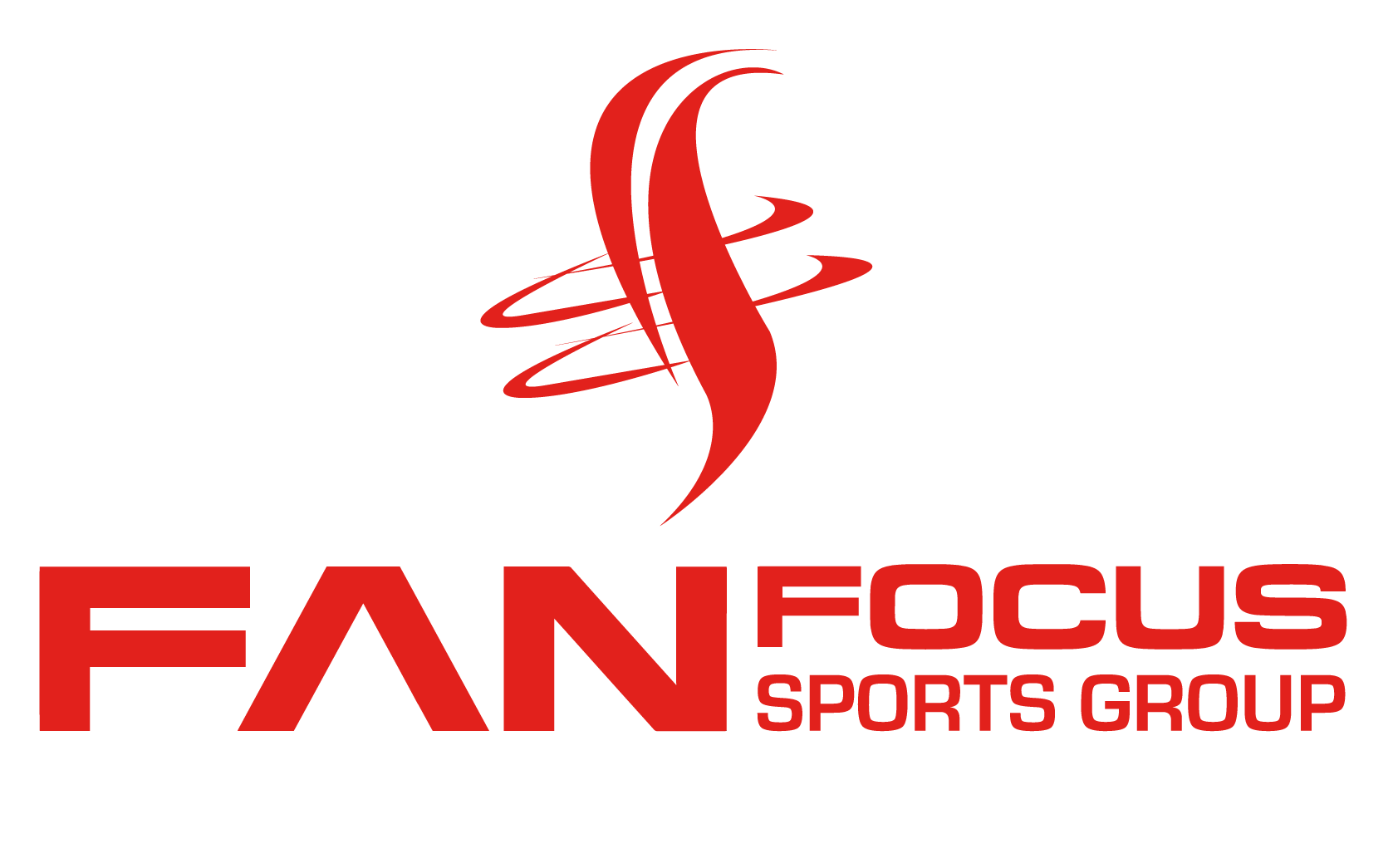
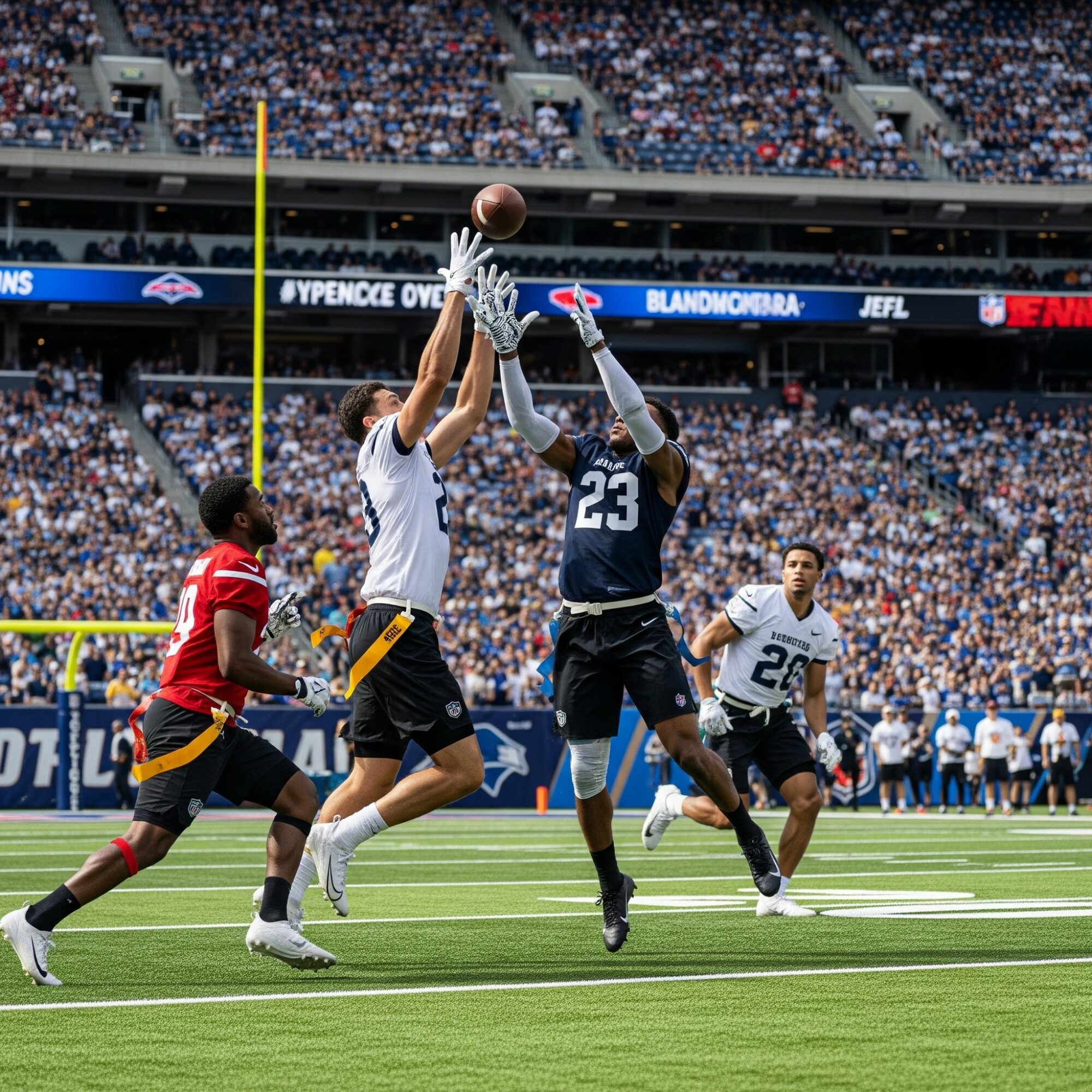
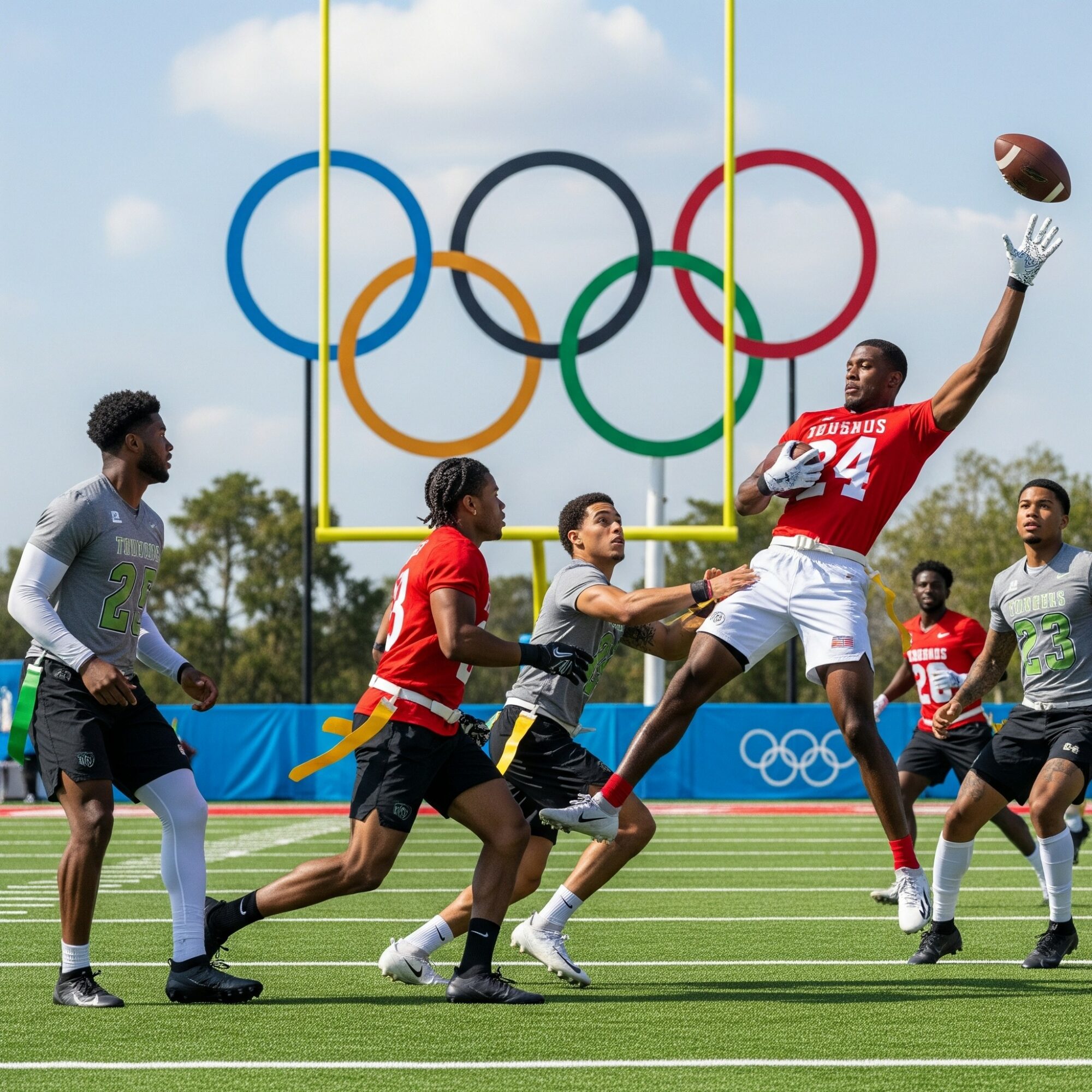
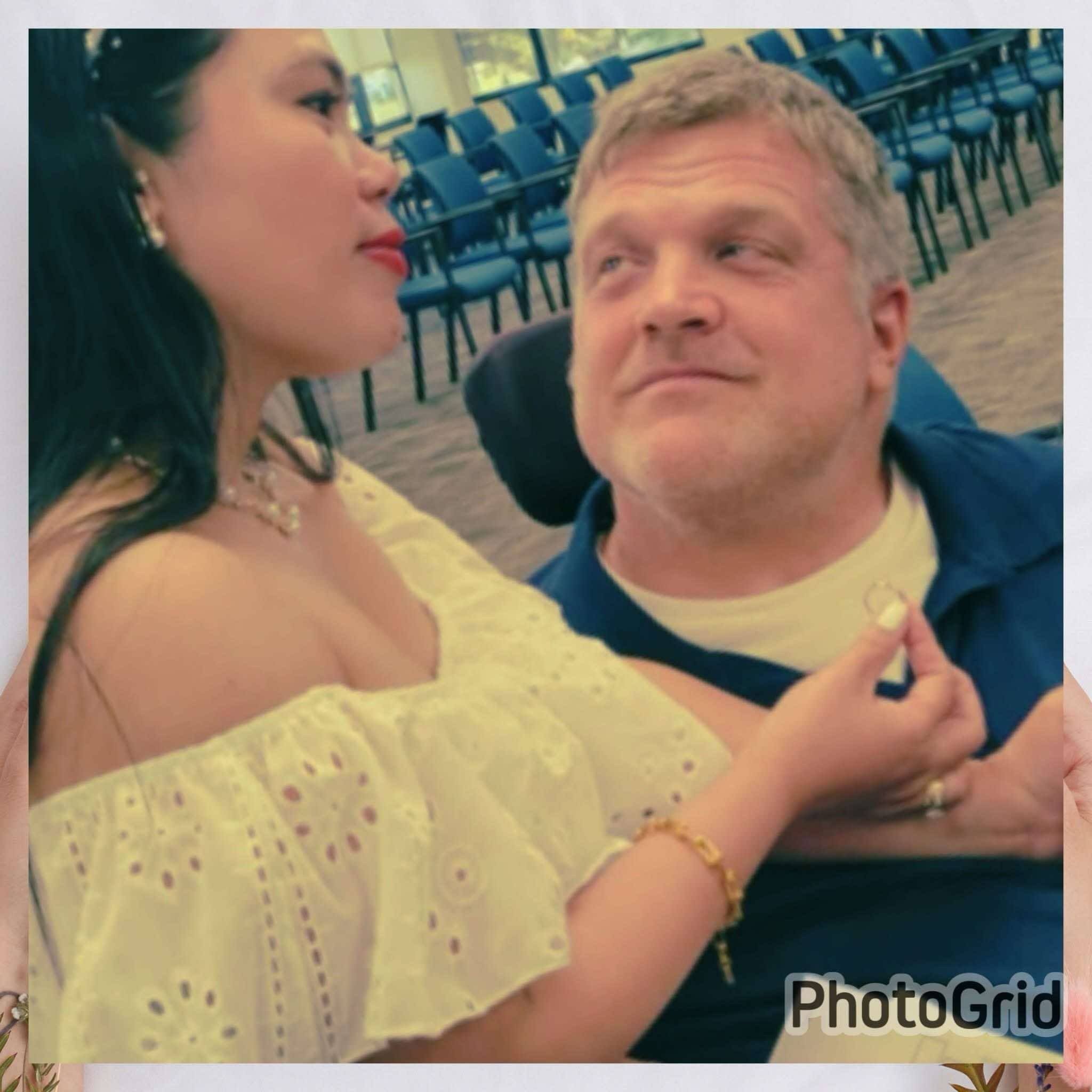

Image Credits
Jay and wife, Jane Lawrence.
Wooter apparel
Fan focus












